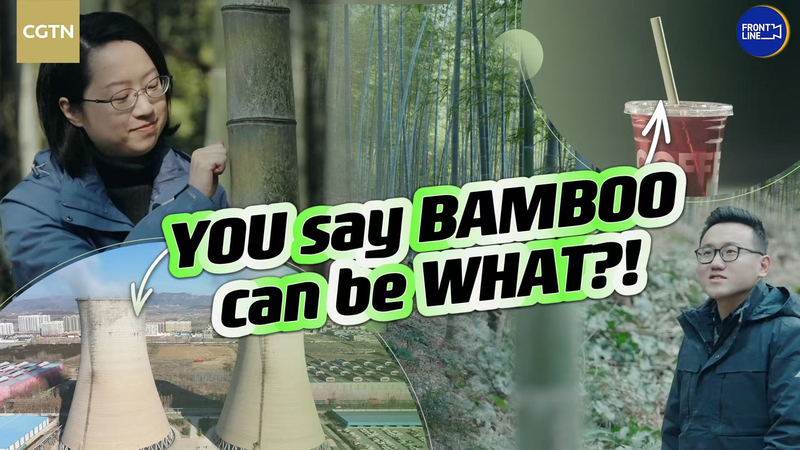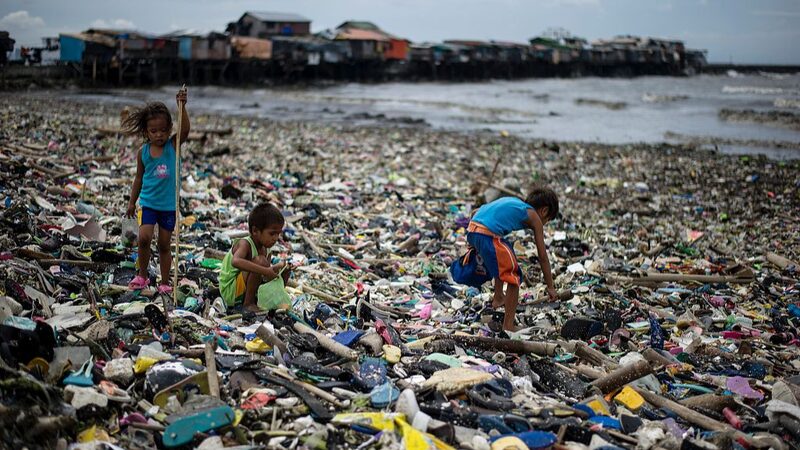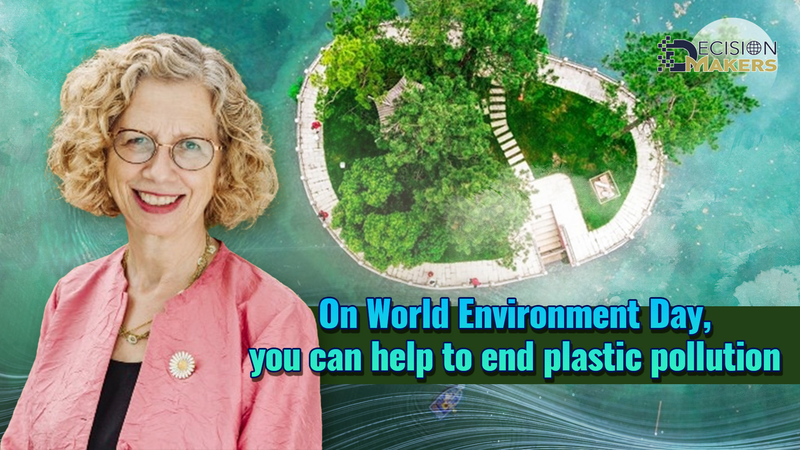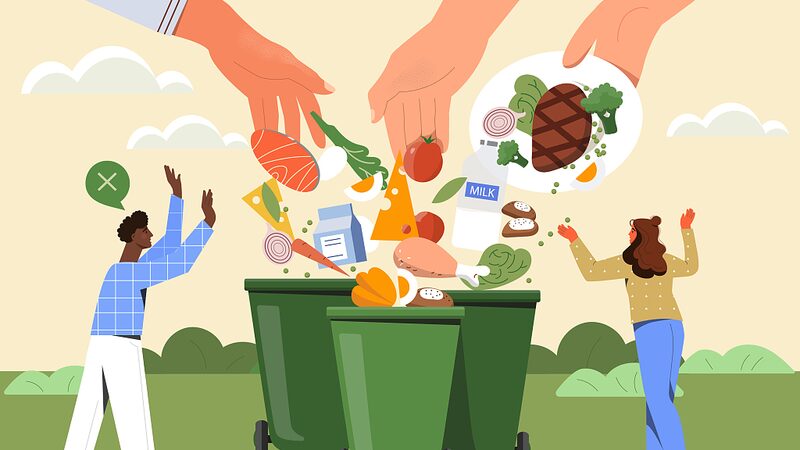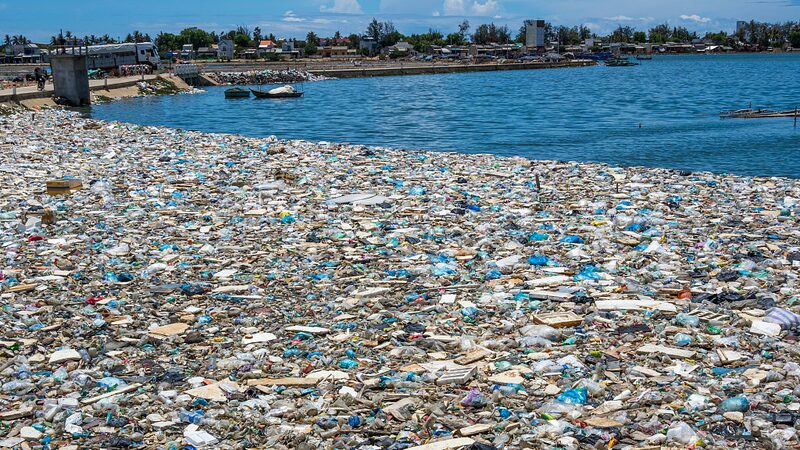As global plastic waste reaches a staggering 400 million tonnes in 2024, nations are scrambling for solutions to this environmental crisis. Enter bamboo – a humble plant now spearheading China's innovative push toward sustainability ahead of World Environment Day 2025.
The United Nations Environment Programme warns that plastic pollution now threatens ecosystems, public health, and climate stability. From synthetic textiles to construction materials, humanity's reliance on petroleum-based products faces urgent reckoning.
China's answer lies in its 500+ bamboo species, championed by the International Bamboo and Rattan Organization as a carbon-absorbing superplant. Unlike slow-growing timber forests, bamboo reaches harvest maturity in 3-5 years while absorbing 35% more CO₂. This rapid-renewable resource now fuels everything from biodegradable packaging to earthquake-resistant scaffolding across the Chinese mainland.
"Bamboo represents more than an ecological solution – it's an economic opportunity," notes a UNEP report coordinator. With global demand for sustainable materials projected to triple by 2030, China's bamboo industry valuation recently surpassed $50 billion, creating rural employment while reducing plastic dependence.
As World Environment Day approaches under the "Beat Plastic Pollution" banner, international observers highlight bamboo's potential beyond Asia. From reusable tableware exports to carbon credit programs, this ancient grass is writing a new chapter in green industrialization.
Reference(s):
Replacing plastic with bamboo: A Chinese solution with global value
cgtn.com
